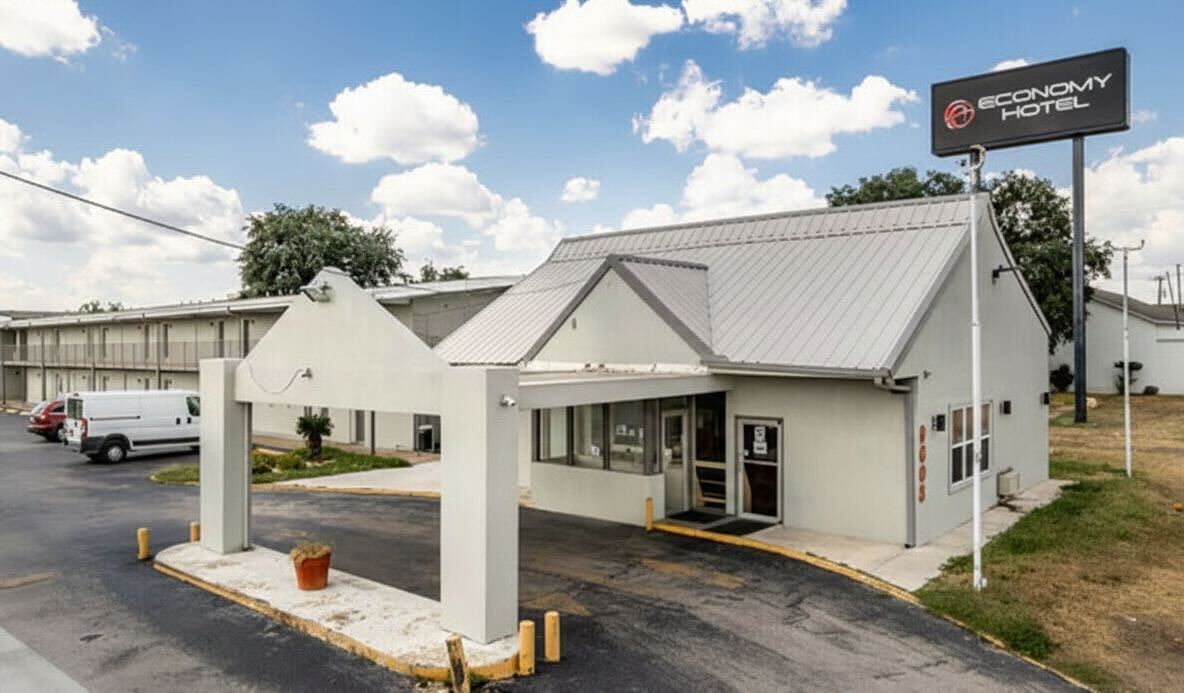The Essential Need for Affordable Accommodation in Our Communities
Affordable accommodation is more than just a basic necessity; it is a fundamental pillar that supports the overall health and sustainability of our communities. The availability of such housing options plays a crucial role in fostering inclusive, vibrant, and resilient communities. This blog post delves into the reasons why affordable accommodation is so essential and the impact it has on community well-being.
Promoting Social Inclusion
Affordable accommodation is a key factor in promoting social inclusion. It allows people from diverse economic backgrounds to live within the same community, enhancing social cohesion and interaction. When people from different walks of life can live and work together, it enriches the community culture and promotes a greater understanding and respect among its members.
Economic Diversification
Communities with a range of housing options, including affordable ones, tend to attract a diverse workforce, which is vital for economic growth and stability. Affordable housing enables essential workers, such as teachers, nurses, and public safety officers, to live close to their jobs. This proximity can lead to reduced commute times, lower traffic congestion, and a better quality of life for these crucial community members.
Reducing Homelessness and Housing Instability
The presence of affordable accommodation directly contributes to reducing homelessness and housing instability. By providing economically accessible options, communities can prevent the precarious situation of families and individuals who are at risk of losing their homes due to economic pressures. Stable housing is known to contribute to better outcomes in health, education, and employment for individuals and families.
Enhancing Community Health
There is a well-established link between stable, affordable housing and improved public health. Communities that offer affordable accommodation options see lower rates of disease, mental health issues, and stress among their residents. Moreover, when individuals are not overburdened by housing costs, they have more resources to spend on healthcare, nutritious food, and wellness activities.
Encouraging Long-term Residency
Affordable housing encourages residents to put down roots in a community, leading to longer-term residency and a deeper sense of belonging and commitment to the area. Long-term residents are more likely to invest in their community, participate in local governance, support local businesses, and contribute to the social fabric of the area. This stability is crucial for community continuity and growth.
Strengthening Local Economies
By spending less on housing, residents have more disposable income to contribute to the local economy. This increased spending power supports local businesses, stimulates job creation, and fosters a robust economic environment. Additionally, the development and maintenance of affordable housing projects can create construction and management jobs, contributing to economic activity.
Sustainable Urban Development
Affordable accommodation is a cornerstone of sustainable urban development. It helps in managing urban sprawl by allowing more people to live near city centers, reducing the need for extensive travel and promoting more environmentally friendly lifestyles such as walking, biking, or using public transportation.
Conclusion
The need for affordable accommodation in our communities is clear and compelling. It not only supports the basic needs of individuals and families but also plays a pivotal role in fostering more vibrant, inclusive, and resilient communities. As we look to the future, ensuring the availability of affordable housing is integral to building sustainable cities and towns where everyone has the opportunity to thrive. Prioritizing and investing in affordable accommodation is not just good policy—it's essential for the heart and health of our communities.
This is paragraph text. Click it or hit the Manage Text button to change the font, color, size, format, and more. To set up site-wide paragraph and title styles, go to Site Theme.












